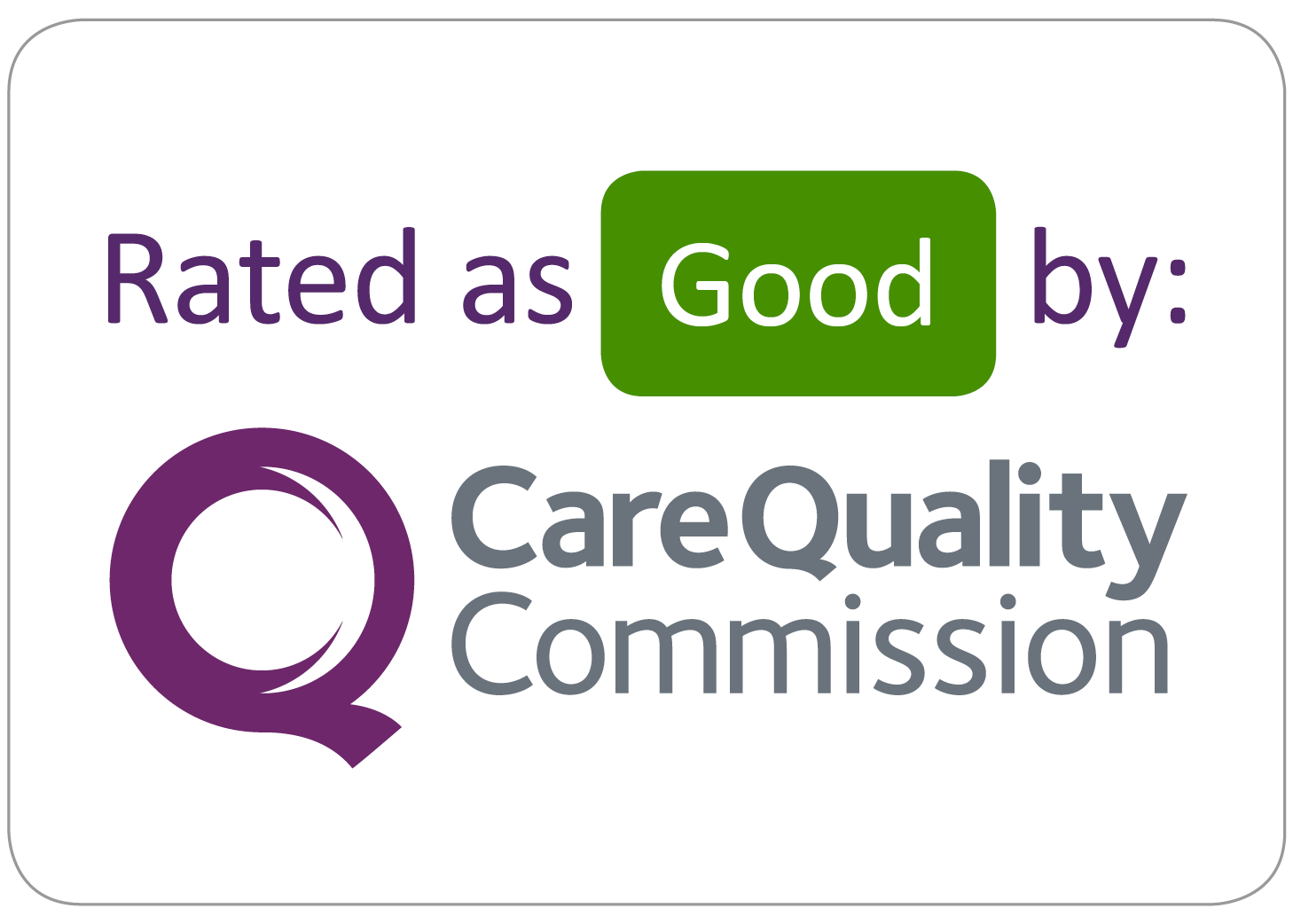Your pregnancy
My journey through maternity care
This useful booklet was written by the West Yorkshire and Harrogate Local Maternity System, to help you make decisions about your care. It describes what to expect during the different stages of pregnancy and the choices you will be offered.
Antenatal Care
Antenatal care is the healthcare and support you will have to make sure you and your unborn baby are as well as possible throughout your pregnancy. Your midwife will do an assessment at booking based on your medical history and any previous pregnancies, to determine whether you will follow a low risk or a high risk pathway, and whether you need additional referrals. This is to ensure you get the best care from the right people. Attending all your appointments is really important.
Self-care in pregnancy
For many women pregnancy is a special and exciting time where they feel really well, but for others pregnancy can be filled with discomfort, ongoing nausea, anxiety and problems. However you are affected, listen to what your mind and body are telling you, engage in self-care activities every day, and don’t be afraid to reach out and ask for help if you need it. Partners can get involved too, and enjoy looking after your mind, body and each other.
Sleeping in pregnancy
It’s best to sleep on your side, especially during your third trimester, to reduce the risk of stillbirth. If you wake up on your back this is ok, don’t panic just roll onto your side. Using an extra pillow under your bump or between your knees can help you to get comfortable in bed.
Research indicates that sleeping on side can help babies' growth | Tommy's (tommys.org)
Mental Health in pregnancy
Being pregnant is a big life event and it is natural to feel a lot of different emotions. But if you’re feeling sad and it’s starting to affect your life, there are things you can try that may help. It’s ok not to feel ok – reach out and ask your Midwife for help.
Complications of pregnancy
Sometimes things go wrong or you may develop pregnancy conditions. Find information and support for a range of pregnancy complications including pelvic pain, group b strep, pre-eclampsia, gestational diabetes and lots more here:
Symptoms to look out for during pregnancy
Being pregnant can cause uncomfortable or unpleasant yet harmless symptoms, some of which can be helped through self-care, exercise or a change in diet.
Common symptoms in pregnancy - NHS (www.nhs.uk)
Worried it may be serious? Find out when you need to ask for help without delay:
Is it serious? Pregnancy symptom checker | Tommy's (tommys.org)
Your Baby’s Movements are important!
Get to know your baby’s movements! From 18-24 weeks on you should feel your baby move more and more, but after 32 weeks the movements will stay roughly the same right up until you give birth. It is NOT TRUE that babies move less towards the end of pregnancy.
You should CONTINUE to feel your baby move right up to the time you go into labour and during labour. If you are worried about your baby’s movements DO NOT WAIT until the next day to seek advice, phone the Maternity Assessment Centre.

















